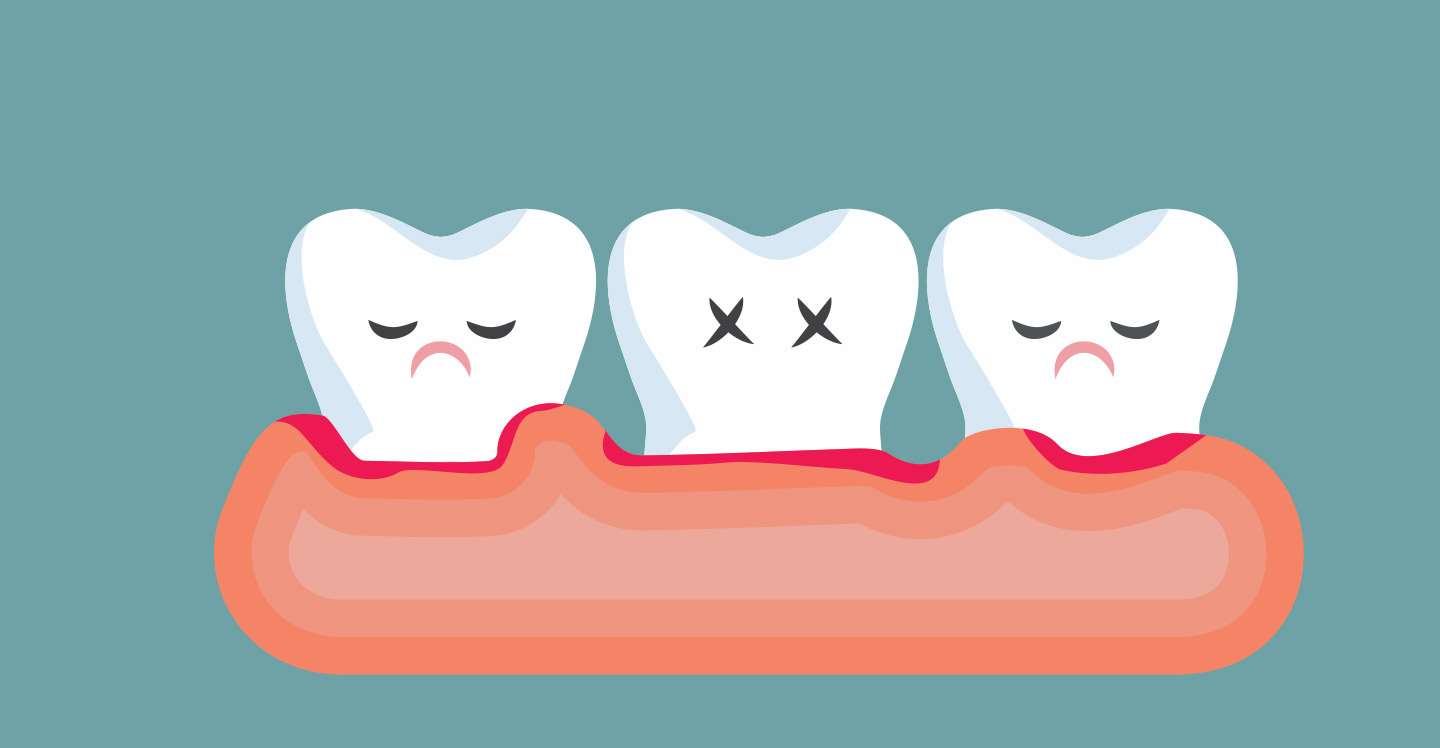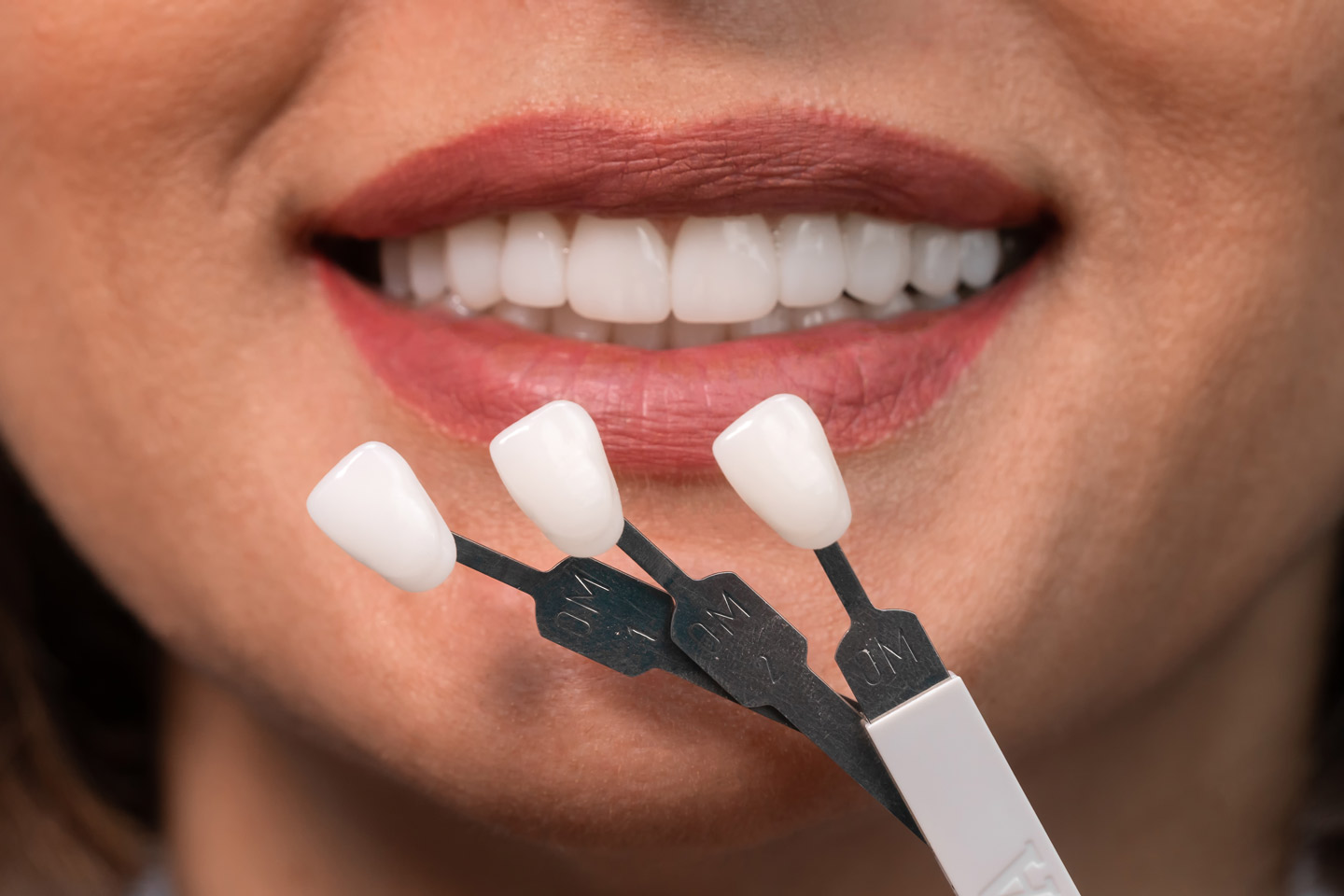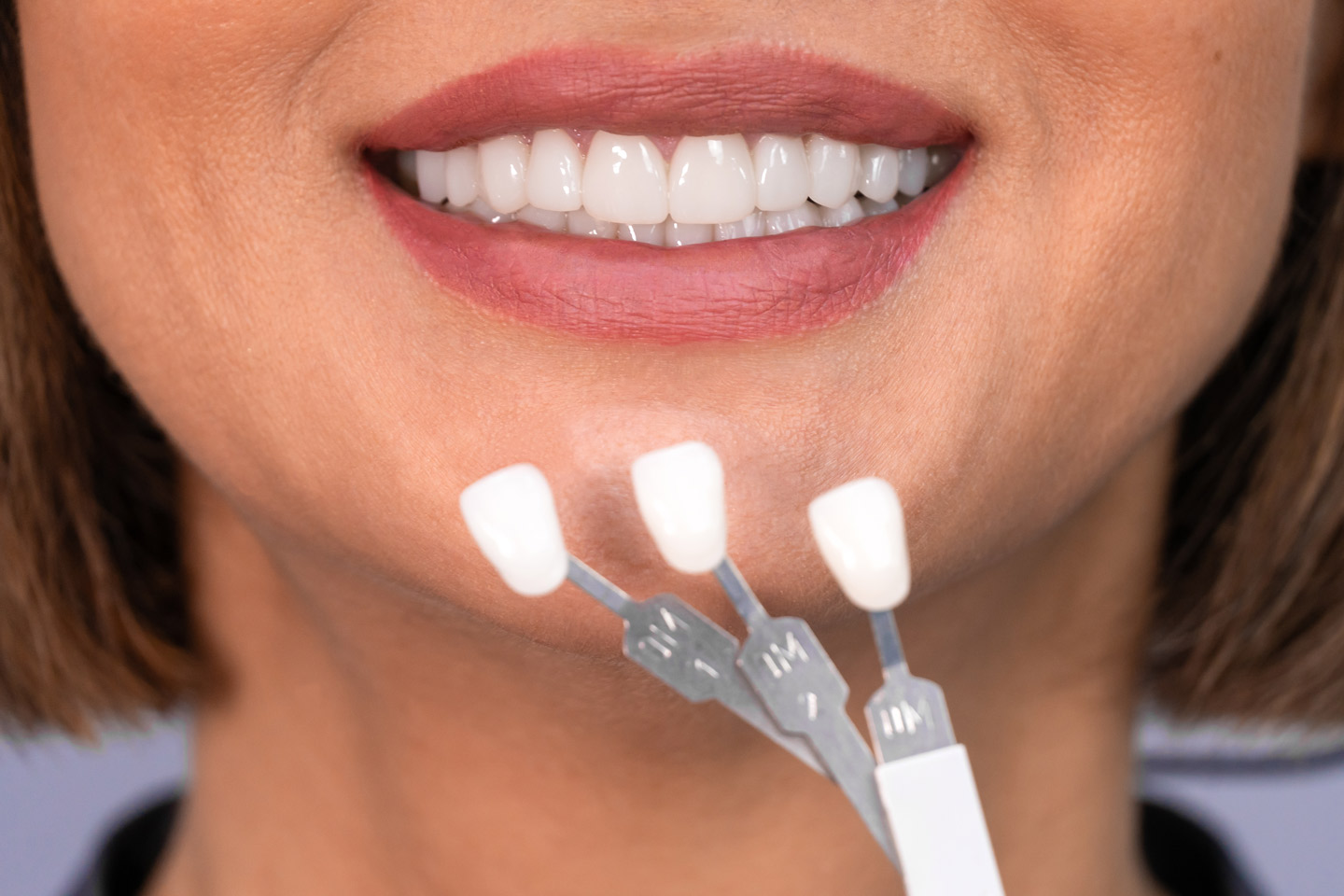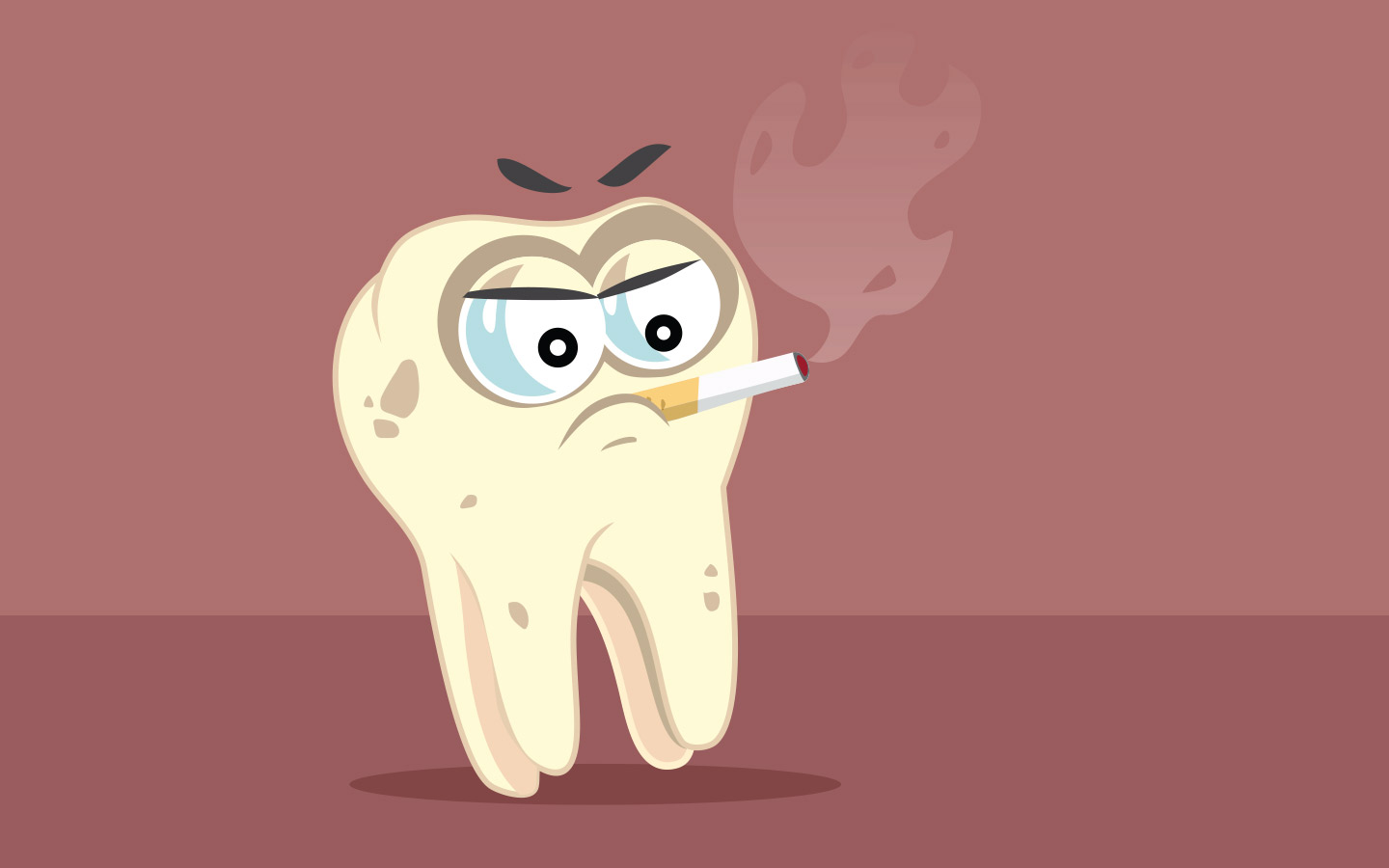How to Relieve Pain After Teeth Cleaning

In this blog, we will explore various methods and techniques on how to relieve pain after teeth cleaning, ensuring a more pleasant experience for you.
Understanding Teeth Cleaning
Before we delve into pain relief strategies, let’s take a moment to understand what happens during a typical teeth cleaning procedure. During a dental cleaning, a dental hygienist removes plaque and tartar buildup from your teeth using specialized tools. They also polish your teeth and may provide a fluoride treatment to strengthen your tooth enamel. While the process is generally painless, some individuals may experience sensitivity or discomfort afterward.
Take Over-the-Counter Pain Relievers
One of the simplest ways to alleviate pain after teeth cleaning is by taking over-the-counter pain relievers. Nonsteroidal anti-inflammatory drugs (NSAIDs) such as ibuprofen or acetaminophen can help reduce pain and inflammation. Remember to follow the recommended dosage and consult with your healthcare provider if you have any underlying health conditions.
Apply Cold Compresses
If you’re experiencing swelling or soreness, applying a cold compress to the affected area can provide relief. Simply wrap an ice pack or a bag of frozen vegetables in a thin cloth and apply it to your cheeks or jawline for about 15 minutes at a time. The cold temperature helps numb the area and reduce inflammation.
Rinse with Saltwater
A saltwater rinse can help soothe any irritation or soreness in your mouth after a dental cleaning. Mix half a teaspoon of salt in eight ounces of warm water and gently swish the solution in your mouth for 30 seconds before spitting it out. Saltwater rinses not only reduce discomfort but also promote healing by keeping the area clean.
Avoid Hot and Cold Foods
In the hours following your teeth cleaning, it’s best to avoid consuming extremely hot or cold foods and beverages. Extreme temperatures can exacerbate any sensitivity or discomfort you may be experiencing. Opt for lukewarm or room temperature foods and drinks to minimize irritation.
Use a Desensitizing Toothpaste
If you’re prone to tooth sensitivity, using a desensitizing toothpaste can be beneficial after a teeth cleaning. These toothpaste formulations contain compounds that help block pain sensations and reduce tooth sensitivity. Use the toothpaste as directed, brushing gently to avoid any further irritation.
Take It Easy on Your Teeth
After a dental cleaning, it’s important to be gentle with your teeth and gums. Avoid vigorous brushing or flossing, as this can cause additional pain or even damage to your gums. Instead, use a soft-bristled toothbrush and gently brush your teeth in a circular motion. Be thorough but gentle to avoid any unnecessary discomfort.
Apply Topical Pain Relief Gel
Topical pain relief gels can provide temporary relief for localized pain and discomfort. Look for products containing benzocaine or lidocaine, which have numbing properties. Apply a small amount of the gel to the affected area, following the instructions on the packaging. Remember that these gels offer temporary relief and should not be used as a long-term solution.
Maintain Good Oral Hygiene Practices
Proper oral hygiene practices can help minimize pain and discomfort after a teeth cleaning. Brush your teeth at least twice a day with a fluoride toothpaste and floss daily to remove plaque and prevent buildup. Additionally, schedule regular dental check-ups and cleanings to keep your oral health in check.
Stay Hydrated
Drinking an adequate amount of water can help alleviate any dryness or discomfort in your mouth after a dental cleaning. Water helps flush away bacteria and keeps your mouth moist, reducing the risk of irritation and pain. Aim to drink at least eight glasses of water per day to maintain optimal hydration.
FAQs
How long does the pain last after teeth cleaning?
The duration of pain after teeth cleaning varies from person to person. In most cases, any discomfort or sensitivity should subside within a few days. If the pain persists or worsens, it’s best to consult your dentist.
Can teeth cleaning cause gum pain?
It’s possible to experience some gum pain after a teeth cleaning, especially if you have gum disease or if the cleaning was particularly intensive. This discomfort should be temporary and can be managed with the aforementioned pain relief techniques.
Can I eat after teeth cleaning?
It’s generally safe to eat after teeth cleaning. However, it’s advisable to wait until any anesthesia has worn off to prevent accidental biting of the tongue or cheek. Choose soft foods initially and gradually reintroduce your regular diet.
Should I avoid brushing my teeth after a dental cleaning?
It’s important to continue brushing your teeth after a dental cleaning. However, be gentle and use a soft-bristled toothbrush to avoid irritating your gums. Wait for a couple of hours after the cleaning before brushing.
How often should I schedule a teeth cleaning?
It’s recommended to have a professional teeth cleaning every six months. However, the frequency may vary depending on your specific oral health needs. Consult with your dentist to determine the ideal cleaning schedule for you.
Can I go back to my normal routine after a dental cleaning?
Yes, you can typically resume your normal routine after a dental cleaning. However, it’s important to be mindful of any discomfort or sensitivity you may experience. If necessary, modify your routine to avoid any potential aggravation.
Conclusion
Teeth cleaning is essential for maintaining good oral health, but it’s common to experience some pain or discomfort afterward. By following these tips on how to relieve pain after teeth cleaning, you can ensure a more smooth and comfortable recovery process.
Remember, if the pain persists or worsens, it’s always best to consult your dentist for further evaluation and guidance. Take care of your oral health, and enjoy a pain-free smile!




